During the cabinet session on Wednesday, the government released a statement following the global money-laundering watchdog’s decision to blacklist Iran for refusing to fully adopt its provisions.
The government said, “Undoubtedly, putting Iran's name on the list of non-cooperating countries (blacklisted), both during the 10th government and during this period, has been politically motivated" by some of Iran's enemies.
The statement says, “Iran's anti-terrorism policy is based on the peaceful and justice-seeking nature of the Islamic Republic of Iran, and is being implemented in all areas, including the fight against financing terrorism.”
“It is our motive for pursuing all measures against money laundering and financing terrorism is what our people want and what our internal laws and regulations have been following in different periods,” it adds
“On this basis, we have also welcomed the cooperation with other countries in this field and have agreed to comply with the internationally accepted laws and standards that are in line with our domestic laws and regulations,” said the government.
The statement assures that “since Iran has always believed in combating money laundering and financing of terrorism, the cooperation with FATF has been on the country’s agenda since the beginning of the 10th government by the pursuit of the Supreme National Security Council and the Ministry of Economic Affairs and Finance.”
Noting that the current government has been actively involved in the international body’s affairs and has taken steps to counter the money laundering and financing of terrorism, the statement said, such measures, in a period, “led to the change of Iran's status and gaining a two-year opportunity for International engagement.”
The Iranian Foreign Ministry also rapped the decision by FATF on Tuesday, saying that blacklisting is part of the US, Israeli and Saudi political ploys in international mechanisms.
Experts say it’s against international law for FATF to lift the suspension of counter-measures and call on its members or urge all jurisdictions to apply effective counter-measures against Iran.
According to FATF, Iran will remain on the FATF statement on High Risk Jurisdictions Subject to a Call for Action until the full Action Plan has been completed.
If Iran ratifies the Palermo and Terrorist Financing Conventions, in line with the FATF standards, the FATF will decide on the next steps, including whether to suspend countermeasures. Experts, however, say it won’t change the game on the ground.
Since 2016, Iran has established a cash declaration regime, enacted amendments to its Counter-Terrorist Financing Act and its Anti-Money Laundering Act, and adopted an AML By-law.
In February 2020, the FATF noted that there are still items not completed and Iran should fully address them.
MNA/FNA13981207000684


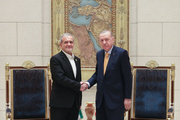
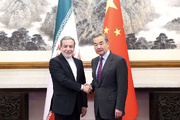
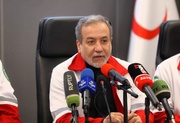

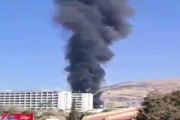

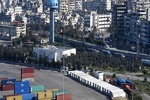
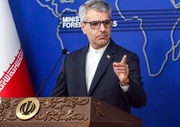

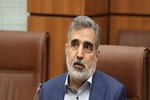
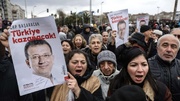
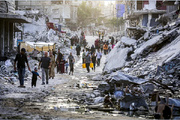

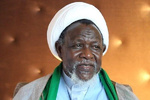
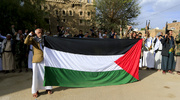
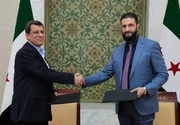

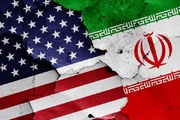
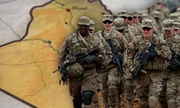

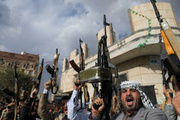

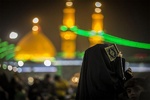
Your Comment